
Aristokraat elevandipuuri ees
Review of: Mihkel Mutt. Maailmas peegelduv veetilk. Arutlusi Eestist, kultuurist, ajaloost. (Eesti mõttelugu 155.) Tartu: Ilmamaa, 2020. 334 lk.
More...We kindly inform you that, as long as the subject affiliation of our 300.000+ articles is in progress, you might get unsufficient or no results on your third level or second level search. In this case, please broaden your search criteria.

Review of: Mihkel Mutt. Maailmas peegelduv veetilk. Arutlusi Eestist, kultuurist, ajaloost. (Eesti mõttelugu 155.) Tartu: Ilmamaa, 2020. 334 lk.
More...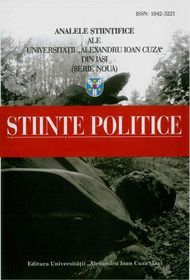
The history of cultural anthropology has recorded quite a few mythological depictions or fictional interpretations of ethnographic data. This happened to such an extent that the recourse to imagination in order to describe „the human nature” or „the national character” became a topic of anthropological study in itself. This field of research offers an impressive set of examples when it comes to the issue of the distinctive features of ethnic groups or national traditions, the political discourse about which is often loaded with stereotypes and anthropological representations that say more about those who conceive and circulate them than about the object to which they refer. The paper below presents comparatively two instances of the manifestation of this kind of fictional representations in the Romanian post-socialist public discourse and frames a series of observations regarding the mindset of the Romanian post-socialist elite.
More...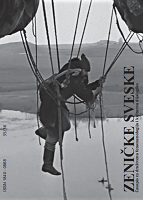
In everyday speech, the word 'tragedy' means something like 'very sad'. We will talk about a tragic collision at a busy intersection in which a young woman was killed, just as the ancient Greeks used the same epithet for a drama about the execution of a king in a similar place. Indeed, it may happen that 'very sad' is the best we can give when it comes to the far more exalted world of tragic art.
More...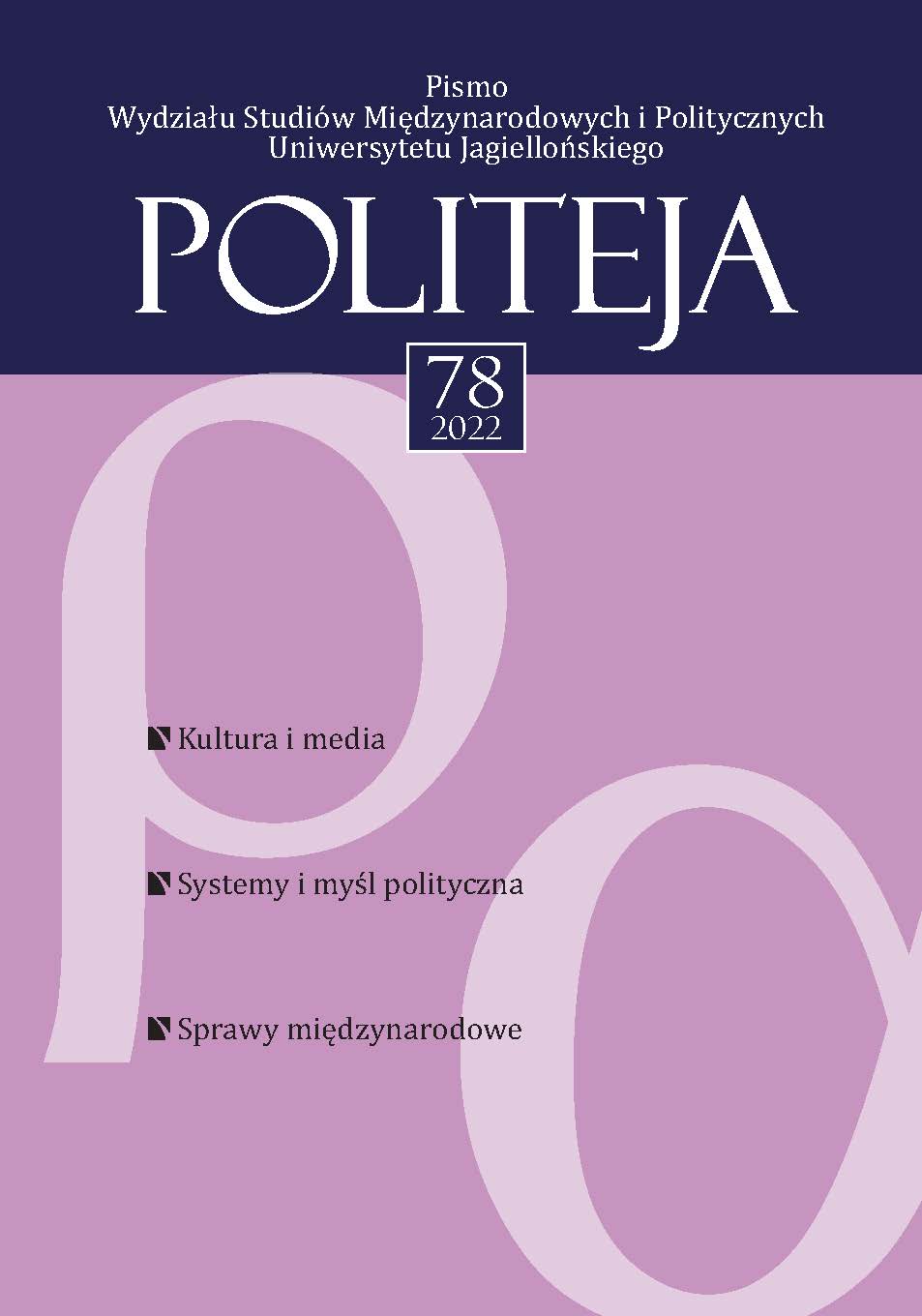
The aim of the following article is to consider expressions such as “identity” and “uniformization” which are often used in Russian philosophy as well as in contemporary Russian fiction. Two well-known novels translated into Polish language: “Medea and her Children” by Ludmyla Ulitzkha and “Duchless. A Story about Unreal Man” by Sergiey Minayev were chosen as examples. The first of them takesplace in the 1970’s, whereas the second one is set in the present day. In both cases identity is considered in the context of human relationships and the attitude to other people and at the same time to culture and tradition. Identity is usually based on certain determinants. These are: faith in God, the respect for different confessions, proximity to the nature, care for preservation of heritage including memory about the past and native language. Medea follows this hierarchy of values in her life. The identity of an anonymous hero of Minayev’s book was destroyed by globalizing processes, uniformization, boredom and by addiction to the Internet.
More...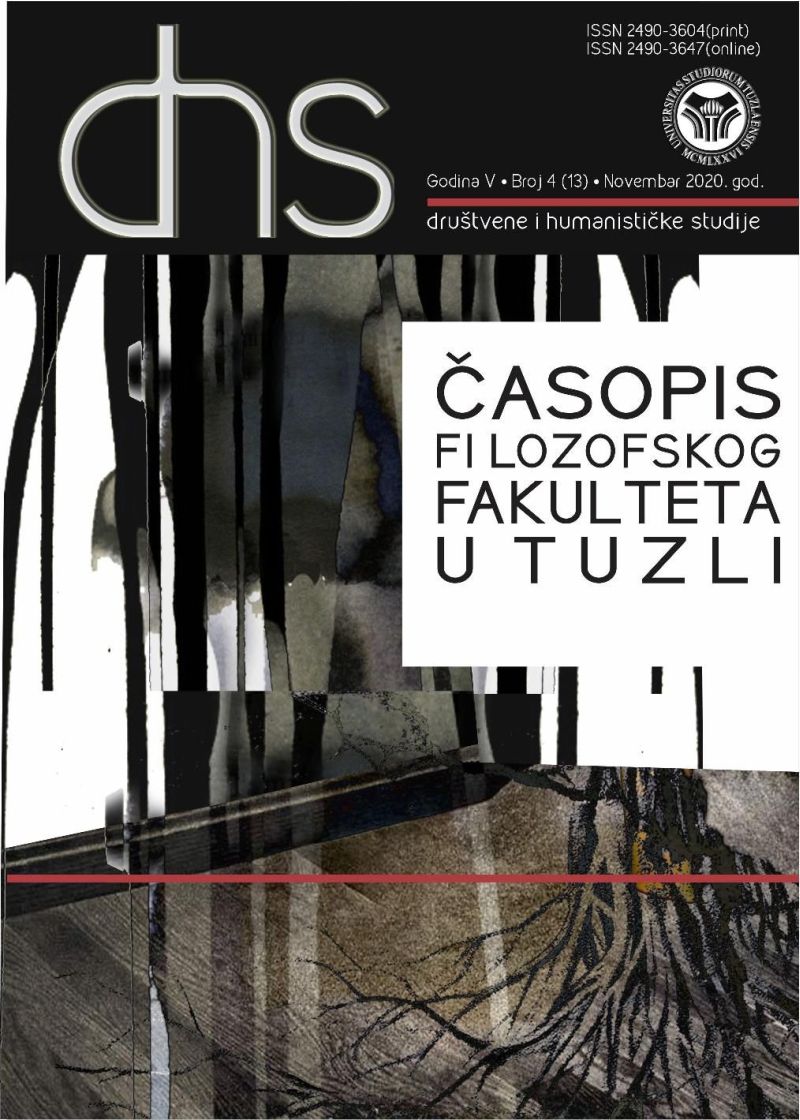
Review of: Migrations: Literary and linguistic aspects, Ivo Fabijanić, Lidija Štrmelj, Vesna Ukić Košta, Monika Bregović, eds., Peter Lang GmbH, 2019.
More...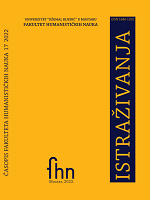
This paper explores the views, voices, people, and places in/of Jeffrey Eugenides’s 2002 novel Middlesex which transcends traditional binary thinking and paradigms in many ways. It focuses on the views, voice(s), and spatiality of the narrator and protagonist who was born as a girl and named Calliope Stephanides and, at present, has socially been identified as an adult man Cal, who is, in fact, a hermaphrodite. The book is both a Bildungsnovel about a hermaphrodite and a family saga, told from the inside and the outside. The story about Calliope’s evolution into Cal is, at the same time, the odyssey of his or her or their—either the singular or nonbinary their—Greek grandparents’s emigration from what is now Turkey to the United States. It traces the lives of three generations of the Stephanides family. Like the genes, their storylines interact with one another to produce one body of Middlesex. As this suggests, Middlesex’s genes, metaphorically speaking, are both American and Greek. The novel explores the human body as well as the body of humankind, including the anatomy of Detroit’s decline (as well as the social history of the U.S.), in order to articulate the past, identify the present, and move toward the future. It also explores the aesthetics of normality which, as Middlesex elaborates, can never be a single story. The paper analyzes these and similar issues in order to shed light on how Jeffrey Eugenides’s Middlesex transcends multiple traditional binaries.
More...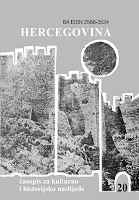
Identity is capable of being observed and defined through several unique characteristics, affiliations, or social roles. The most common denominator involves having a sense of belonging to the same nation or community sharing common historical threads, based on a (perceived) sense of inclusivity, nurtured and perpetuated through the feeling of connectedness to common past events. Arising from such perceptions is the narrative of ethnic, religious, cultural, and multidimensional community, often publicly displayed or widely used in favor of economic, political, and national empowerment. Another type of self-identification relates to the perception of belonging to a physical place, which embeds the appearance of solidarity and physical space sharing with others in the same vicinity. Within this physical area, the central role is played by the city and its symbolism of cultural, religious, and economic objects. Thus, the question of the “right to the city” becomes central to comprehending the malicious (use) of infrastructural facilities or historical symbols in the context of constructing one’s identity and controlling national aspirations, also serving to re-design desired collective identities through the change/manipulation of collective consciousness
More...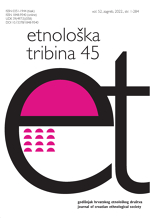
The authors analyze the Pazin Cave (Pazinska jama) as an imagined landscape, focusing on the narratives and practices that the local population associates with the space. They outline the policies of the protected area but emphasize the daily life near the Cave. Combining the theoretical assumptions of the anthropology of landscape and the anthropology of social memory, the Cave is approached as a place of memory involving the life stories of two generations of a Pazin family. At the same time, they examine the status of the Cave in the narration of life in the city. They reveal the negative connotations attributed to the landscape as a source of danger and a place of imprisonment during the Second World War. They conclude with the prominent role of the Pazin Cave in creating Pazin’s urban and local identity.
More...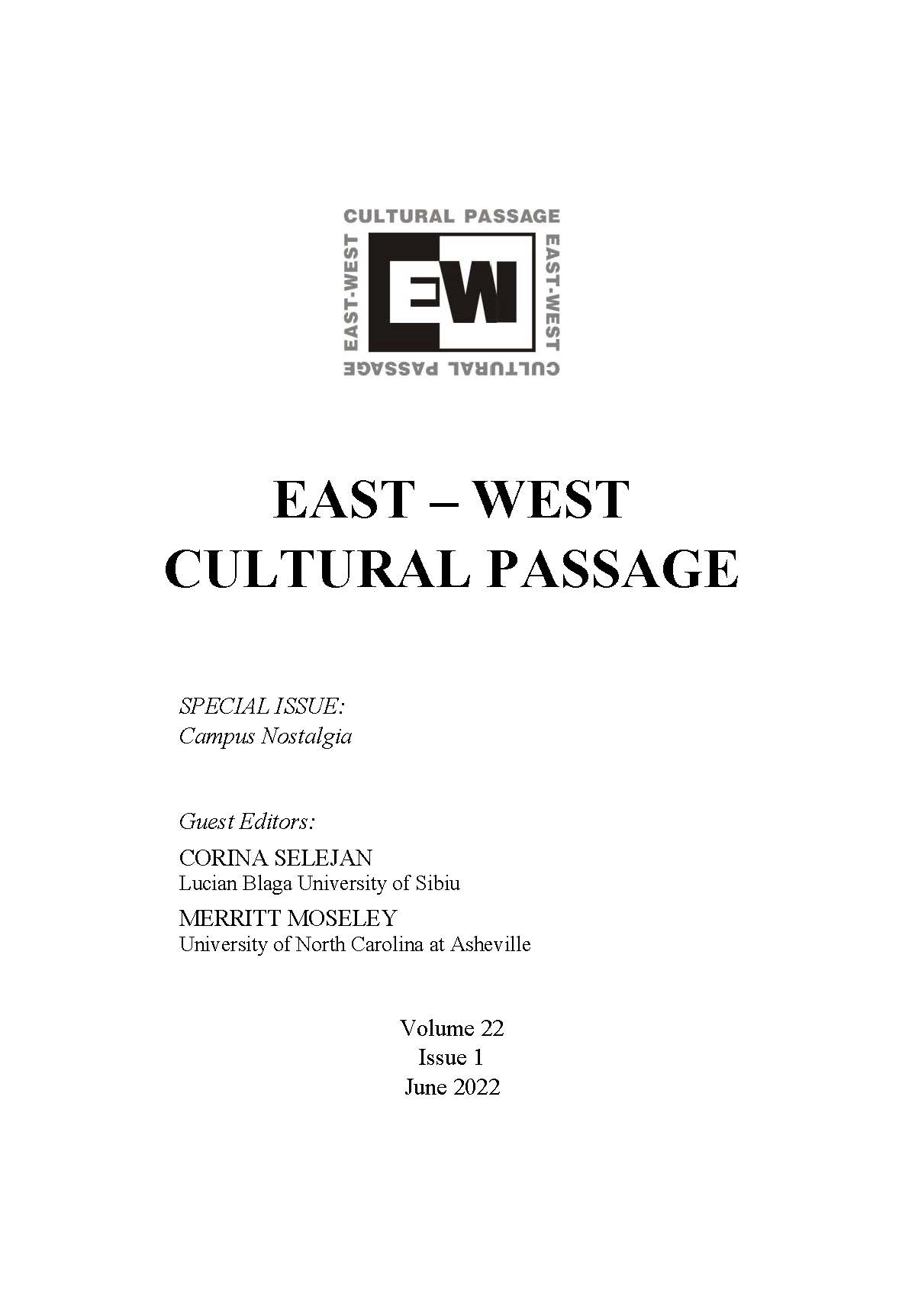
In eighteenth-century Britain the term taste was a new vehicle for discerning subtle qualities of an individual mind’s experience of practically anything in the polite world and the world of letters. The term entailed the response of the mind to beauty, and it became popular in each and every genre of writing. The notion of taste acquired a distinctive dimension which effectively disentangles it from the notion of aesthetics emerging early in the nineteenth century as a new area of philosophical enquiry. The eighteenth-century discourses on and ongoing debates over taste and beauty focused on the dominant classicist prototypes of universality, awareness of proportion, harmony and the sense of form and symmetry, principles which were specifically articulated by such Men of Taste as the Earl of Shaftesbury, David Hume and Joshua Reynolds, who had a monopoly on taste. However, the eighteenth century laid the groundwork for an alternative notion of taste, which included women in the realm of theorizing in the taste mode. This article aims to look into the category of exotic taste, and more precisely into the fashionable literary coterie of eighteenth-century England, often presided by women writers such as the Bluestockings Elizabeth Montagu, Mary Delany, Catherine Macaulay, and Hannah More, with the purpose of connecting this type of literary promotion, which was effective in shaping contemporary literary taste, to the theories of taste that anticipated aesthetic judgment in the nineteenth century. Besides, the new social milieu accommodating literary meetings shaped a new discourse which, though ridiculed, facilitated and revitalized conversation in what Hume called “the conversable world” and Samuel Johnson defined as the “clubbable” age. Accordingly, the article will explore the extent to which the discourse employed in such conversations transformed women’s literary taste into an accepted critical category and contributed to the formation of literary reputations.
More...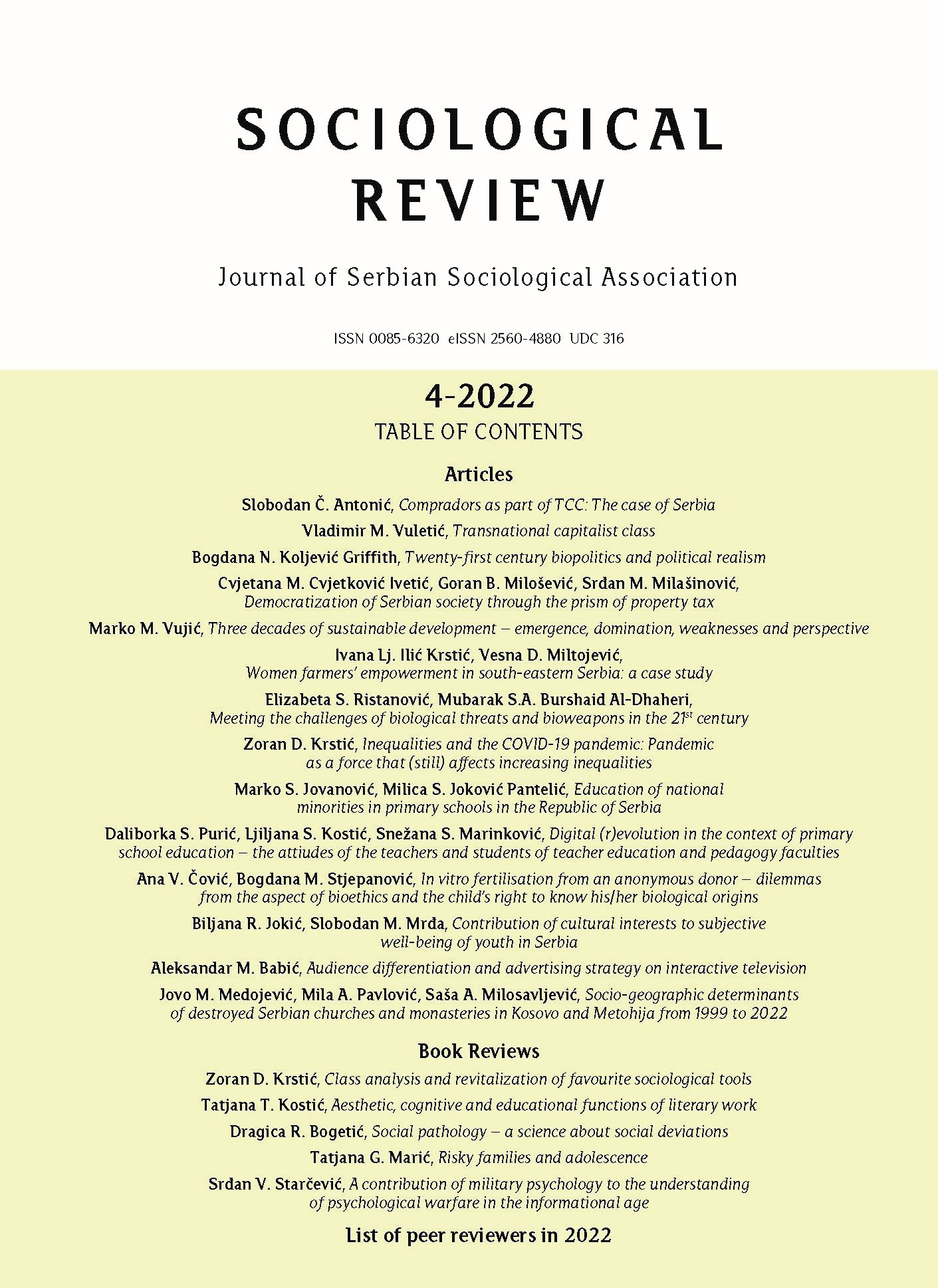
Research shows that cultural interests contribute to subjective well-being, but results are not highly consistent. This study on the youth in Serbia (N = 453) is aimed at exploring: 1. factorial structure of favourite leisure activities, 2. their contribution to well-being, along with socio-demographics, physical health, and engagement on social networks, and 3. whether and how results differ depending on operationalization of the criterion variable (subjective happiness, SH vs. satisfaction with life, SWL). The results show that physical health and favourite leisure activities (cultural interests and folk & family) are significant predictors of both SH (along with sport and a larger number of social networks profiles) and SWL (along with expenditure for culture and home/entertainment).
More...
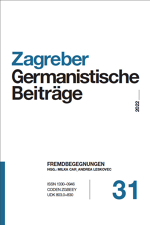
In the African-European context, alterity has a long, problematic history, which has, also from the African perspective, led to the exclusion of any possibility of an encounter. In the context of mutual alienation of discourses on European vs. African identities, the paper attempts to pave way for a responsive encounter which might occur in the field of literature. To achieve this, I will first exercise a self- and meta-critique of remarks on a hermeneutics of interculturality which I formulated ten years ago. I will then proceed to draw consequences that lay the foundations for a theory of alterity that is not postcolonial but decolonial.
More...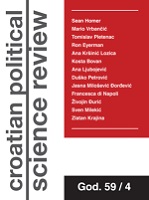
Applying Jurgen Habermas’ distinction between the three knowledge interests guiding scientific research, this article identifies three approaches to ‘trauma’, a clinical approach, rooted in a medical model, a literary approach, rooted in psychoanalysis, and a cultural sociological approach. After elaborating on each of these perspectives, and the various forms through which trauma is represented aesthetically, the three are applied in an analysis of the film “Quo Vadis, Aida?”. It is argued that although they entail different notions of trauma, the three are not mutually exclusive and can be combined in a rich understanding of aesthetic representation. Pletenac
More...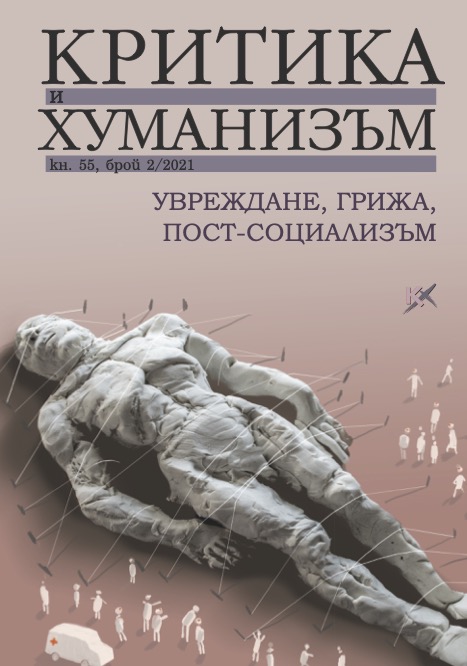
This article focuses on certain ethical issues that are evident in the images of children with autism spectrum disorders, drawn from semi-structured interviews and focus groups conducted with their parents. The main subject of study is to what extent, why, and how parents’ images adopt, modify, contest and/or combine different normative models of dealing with their children’s condition. Parental care is examined in the context of ethically relevant concepts, such as normality and disability, normative moral agent, and ultimately, good life. The analysis addresses the ethical limits of care experienced, as a burden, but also as an aspect of mutual growing. The ethical conceptions of vulnerability and autonomy are discussed, as well as the moral problems of stigmatization and social exclusion. The study uses biographical research methods and approaches from the field of bioethics and ethics of care, critical disability studies, and social studies of autism. A conclusion is reached that parents strive towards medical and social normalization of their children, but also respect their difference, thus attaching ethical value to it.
More...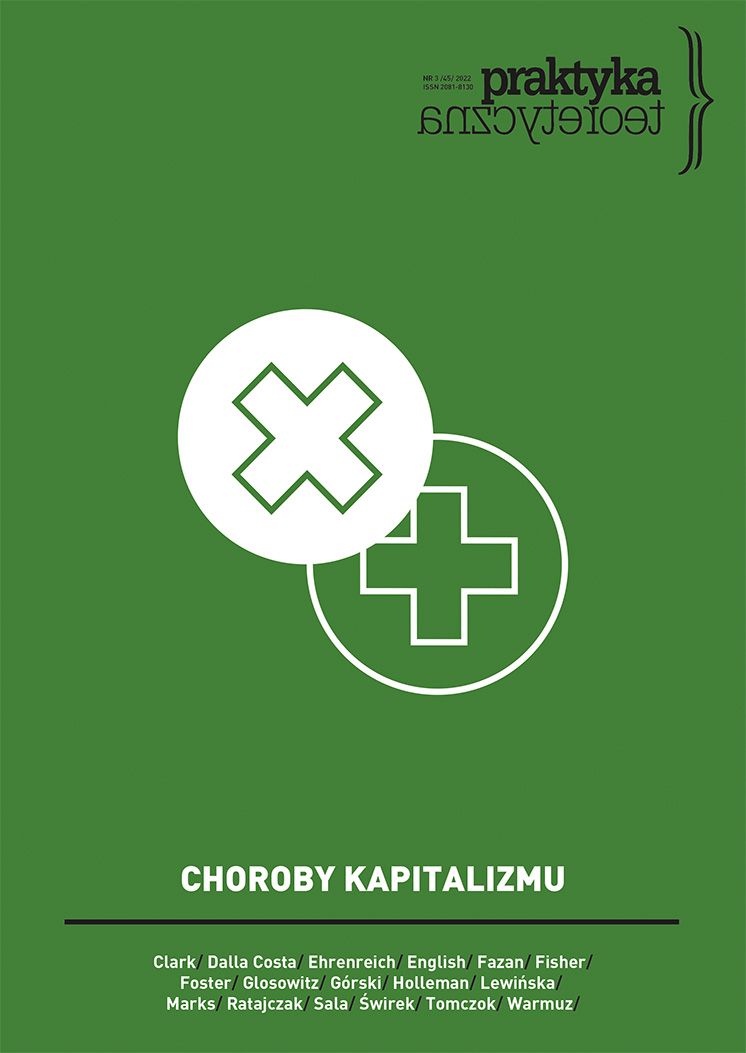
The image of an addicted person is quite trivial: such people are perceived as uneducated and weak-willed people, losers, most likely coming from working--class and often pathological families. The ruling class uses this notion, which is seen in the current opinions on the “500+” programs or other social programs. However, the demystification of the image of a person addicted to alcohol is only the top of the iceberg – in this article, I would like to present how the social per-ceptions about alcoholics, created by liberal elites and the media serving them, affect the lives of alcoholics, their social perception and the difficulty of reaching for medical help in the fight against addiction.
More...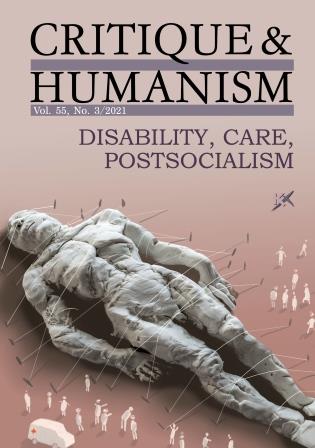
This article analyses the cultural and historical background of the sentimental narrative of disability in Bulgaria. By ‘sentimental narrative’ the author means the narrative of living with disability which portrays the disabled either as heroes who overcome physical/mental limitations and social barriers and succeed in certain professional fields, or as martyrs and victims doomed to endless social suffering without any hope for a ‘normal’ future. This narrative is constructed and reproduced by the generation of the post-1989 transition in Bulgaria, which has lived through various economic and social crises and met the challenges of deinstitutionalization and the move away from the medical model of disability. Despite its key role in raising public awareness of the problems of people with physical and cognitive limitations/impairments, this generation has failed in its attempt to construct a consolidating, emancipatory narrative of disability in Bulgaria.
More...
the term „lublin Philosophical School” refers to the mode of philosophizing devised in the 1950’s at the catholic University of lublin. After a brief history, the paper first discusses some methodological features of this mode and the social role of philosophy as a self-awareness of culture. employing the School’s philosophy, the paper then considers the issue of post-truth and that of the value-ladenness of science. the post-truth approach replaces evidence with emotions, and in consequence, argumentation is replaced with power. this in turn threatens the human person, her rationality and freedom. Admitting that science is value-laden and values are subjective leads to denying the cognitive status of science. lublin philosophy offers such a concept of value and scientific knowledge which allows one to solve the problem created by the value ladenness of science. thus, the paper shows that the lublin School’s philosophy can provide answers to contemporary problems and evaluate intellectual developments of culture.
More...
Culture and globalization are intertwined and mutually conditioned not only due to the common culture interaction, but also primarily because of technological transfers shaping the global economy. The entire social development is thus adapted to various cultures and to culture in general. Perceived from one perspective, the market and globalization affect the culture in a negative manner. As a set of permanent material and immaterial values and human creations, culture, as such, is exposed to a multitude of problem, countercultural and degrading processes stemming from conflicts of interest and, sometimes, from very rapid changes and uncritically accepted innovations, forms and standards. In that sense, degradation of culture can cause deterioration of the quality of economic activity. Environmental culture and sustainability culture are only a part of a relatively new business culture and behaviour. In fact, ecological behaviour and “green intelligence” are typical human characteristics, and are a part of the universal human culture, as well as of a sustainable relationship with nature and with future generations. In spite of common understanding and prejudice, most research shows that globalization and market development have a positive net effect on environmental culture and sustainable development. Humanity is experiencing a chance to utilize such positive permeation and to impose the culture of globalization as a stimulating factor for sustainable development.
More...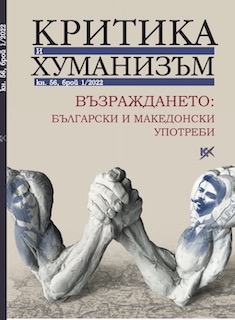
The article claims that the family, even at the dawn of modernization, is a field of complex, volatile, reversible social forces. The force field of the supposedly traditional family is described on the basis of an analysis of unfinished play by one of the most popular Bulgarian writers of the XIX c., Petko Slaveykov. The close reading of the play demonstrates that the genealogy of the concept of patriarchal family is shaped by the power of the XIX c. ethnographic studies of common law which discipline the tacit, unreliable, situated common-sense knowledges so as to transform them into objective and academic truths. The article examines as well the discursive effects of the ethnographic concept of patriarchal family which can be boiled down to silencing the female voices and producing knowledge about men, women and desire crucial to the functioning of the discursive apparatus of masculine domination.
More...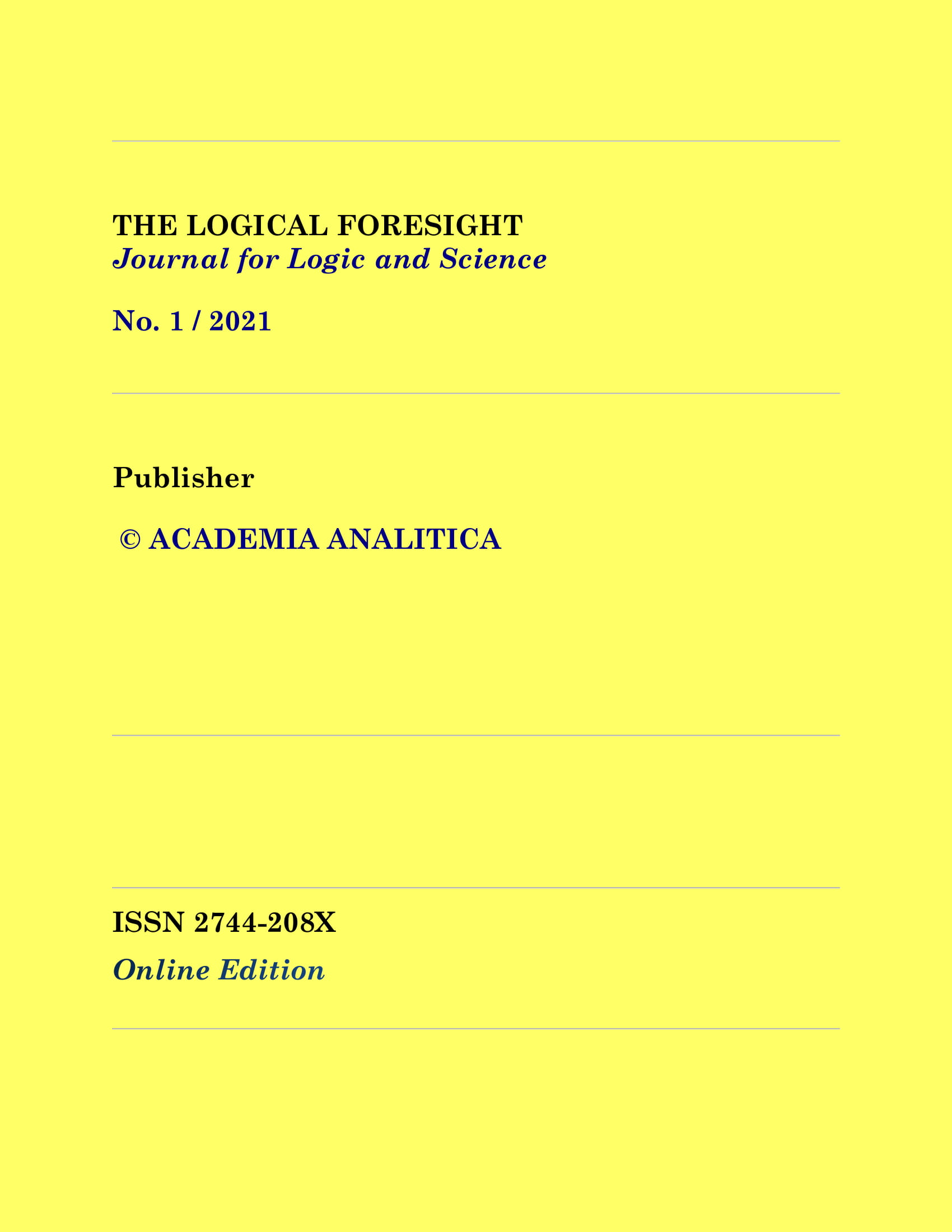
Spatial identity surpasses geographical boundaries of a certain space, and denotes not only physical characteristics of space, but its meaning to people that use it, as well as their intercommunication, which produces new social and spatial meaning. Unless there is an abrupt change in social structure or formal/functional transformation of (un)built environment, we perceive spatial identity as something almost permanent. However, it is in a constant state of change, existing in a present state that relies on our past experiences and contains projections of our future, maintained through constant background processes of disorganization and concomitant organization – in other words, identity is in the state of (perpetual) liminality. Liminality is the product, as well as the initiator of autopoietic processes within identity, which leads to the main premise of this article – (spatial) identity is an autopoietic system. This is analyzed through three chosen aspects of place attachment: ritual, memory and architecture.
More...